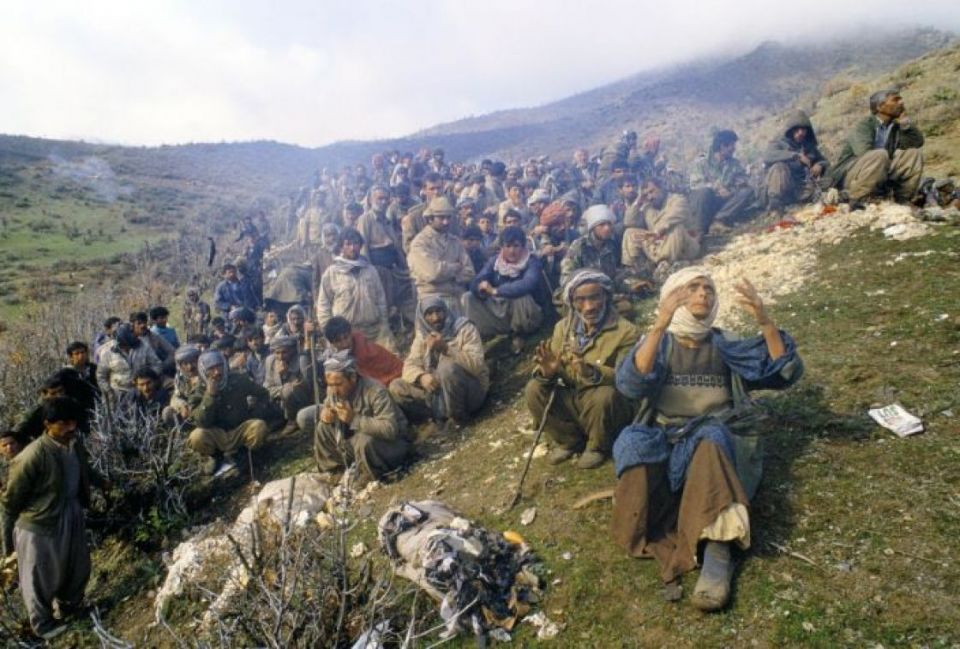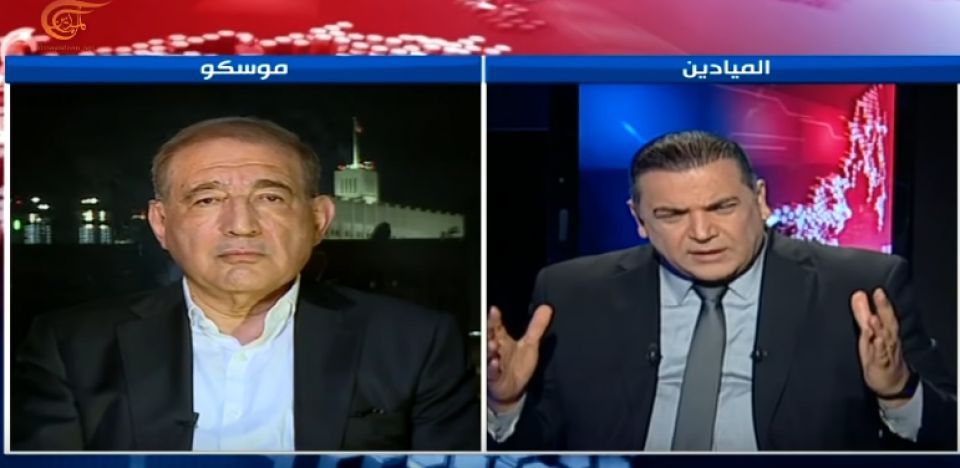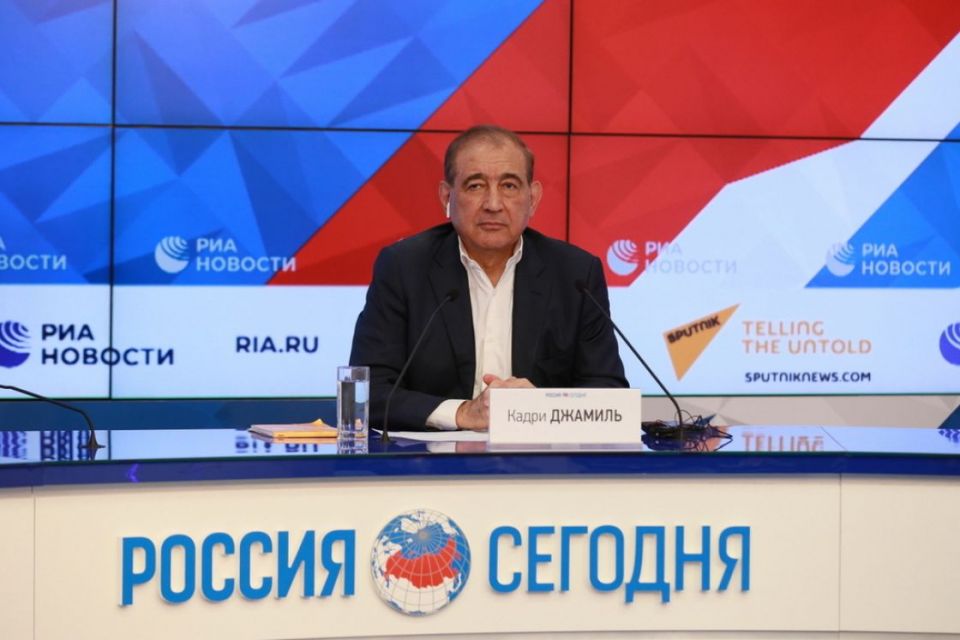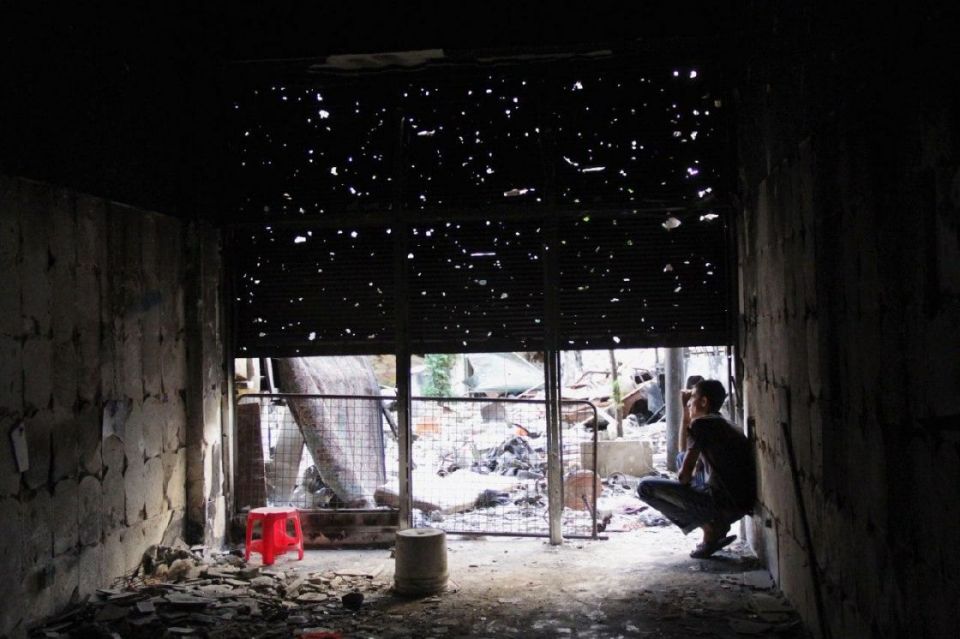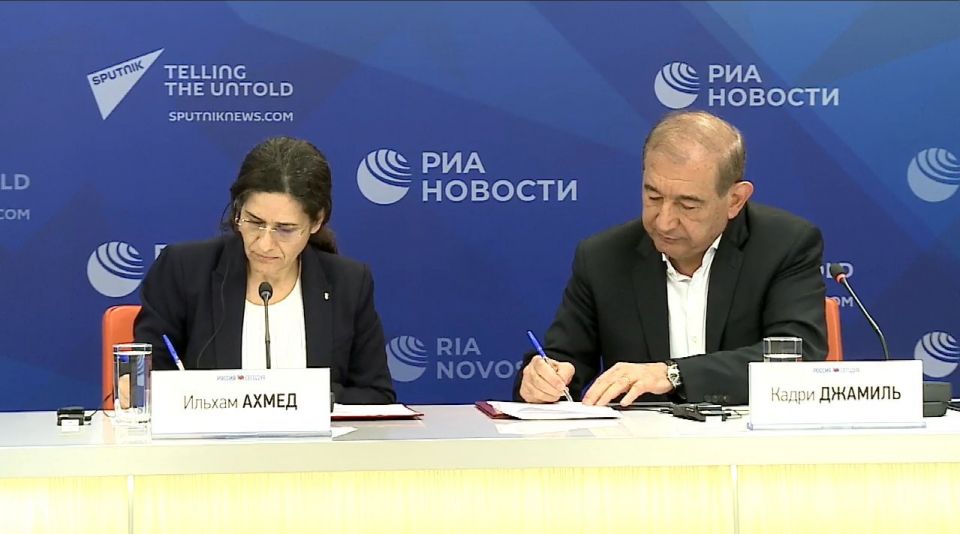
kassioun
email This email address is being protected from spambots. You need JavaScript enabled to view it.
More than a month has passed since the signing of the Memorandum of Understanding between People’s Will Party and the Syrian Democratic Council, on August 31, which confirmed the two parties' determination to make joint efforts to push for a political solution to the Syrian crisis through the implementation of UNSC Resolution 2254. Discussions about this Memorandum continue, and some raise points they see as problematic in it. Among those points, there are two distinguished ones: the first one has to do with the way the Memorandum has dealt with the Kurdish issue, and the second one has to do with its dealing with the Autonomous Management.
The costs of the basic consumer basket of a family of 5 in Damascus reached 660 thousand Syrian pounds at the end of September 2020, increasing by approximately 85% from the level of these costs last year. The basket that consists of 8 basic needs, according to the components of consumption adopted in the Central Bureau of Statistics, and taken based on the minimum prices in Damascus.
Arab and foreign media are broadcasting news and leaks about undeclared negotiations with the Zionist entity. Regardless of whether this news is true or not, those who are leaking them mean that, according to their narrow perceptions governed by their narrow interests, to say that a specific deal is being prepared in the dark and under the table, with specific directions that neither serve the interest of the Syrian people nor the peoples of the entire region.
The editorial of the last issue of Kassioun dealt with one of the basic aspects of the right of Syrians, and Syrians only, to self-determination for themselves and for their political future state. In particular the aspect related to the form of the state and the nature of the relationship between centralization and decentralization.
On Wednesday, 23 September 2020, Mr. Kamal Khalaf, a journalist, hosted on his program “The Game of Nations” on Al-Mayadeen Channel, the Secretary of the People’s Will Party and head of the Moscow platform, Dr. Kadri Jamil to talk about the latest developments in the political process and the situation inside Syria, as well as the details and prospects of the memorandum of understanding signed with the Syrian Democratic Council (SDC).
Nowadays, there is a high level of focus on discussions related to the form of the future Syria, including the nature of its political system, the relationship between the authorities, the mechanisms for the distribution of powers among them, and between the center and the peripheries, and other issues of a constitutional nature principally.
Channel and website Carpel MEDYA made a long interview with Dr. Kadri Jamil on September 10. In the interview, Dr. Seve Izouli discussed with Dr. Jamil the Memorandum of Understanding signed between the People’s Will Party and the Syrian Democratic Council. They also discussed the circumstance in which it was formulated, signing it, the stances of different forces on it, and what can be based on it later.
Renewed discussions have surfaced recently, about readings and interpretations of UNSC Resolution 2254, and particular issues of it. Perhaps this is naturally expected; It has become common to see discussions of this kind at every new turning point, and this is particularly true in such circumstances that have matured to a point permitting the full implementation of this Resolution!
On September 10, the Special Representative of the President of the Russian Federation for the Middle East and African Countries, Deputy Minister of Foreign Affairs of Russia Mikhail Bogdanov received the representative of the leadership of Front for Change and Liberation, the head of Moscow Platform of the Syrian opposition, Kadri Jamil.
The first thing to be recorded as an advantage of the memorandum of understanding signed between People’s Will Party and the Syrian Democratic Council in Moscow last Monday, 31/8/2020, is that it was the product of a Syrian-Syrian dialogue without intermediaries, and that it provided an example of how two different Syrian parties can make mutual concessions through dialogue, without abandoning their principles, in order to reach common ground.


